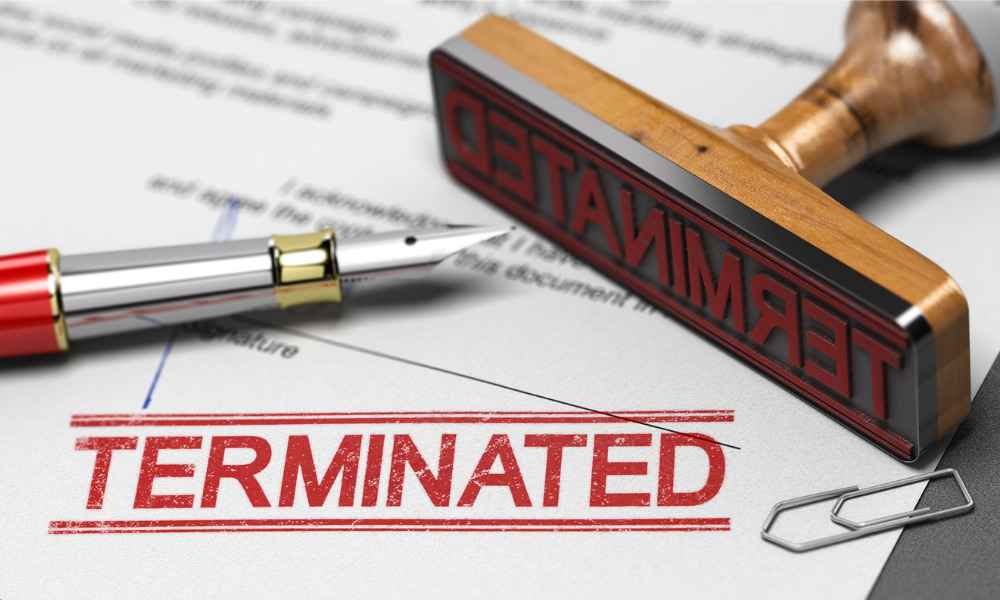
HRD speaks to Buddle Findlay partner Sherridan Cook on disciplinary action issues

Disciplinary action against an employee is not as easy as a slap on the wrist. Employers need to be aware of various issues surrounding workplace discipline and end-of-employment procedures. HRD spoke to Buddle Findlay partner and employment law specialist Sherridan Cook on the legalities of workplace discipline and termination.
“A key focus for the Employment Court is on unpacking the employer’s investigation process in detail and determining whether the process followed was fair and reasonable,” Cook told HRD.
When assessing disciplinary investigations, the Court considers factors including whether the allegations were raised with the employee, whether an impartial and independent investigation was undertaken, and whether the employee was provided with a reasonable opportunity to respond to the employer’s concerns.
“Where the Court does identify deficiencies in a disciplinary investigation process, this will often point to a conclusion that a fair and reasonable employer could not have made the decision to dismiss the employee,” Cook explained.
An example of a flawed investigation process was highlighted in QDA v EKD [2021], heard before Judge Bruce Corkill in August 2021. The employee was told that the investigation concerned a one-off incident, but the Court later found that, in reality, it surrounded a pattern of incidents that had occurred over a prolonged period.
“The Court also found the employer had identified communication as an issue for the employee throughout the investigation process but had failed to consider whether the employee required further support for the purposes of the disciplinary process, particularly once the employer was actively considering dismissal,” Cook explained.
The uptake of the COVID-19 vaccination has brought on a new wave of disciplinary action and termination challenges for employers to navigate. Recent cases concerning termination based on the COVID-19 Vaccination Order will pave the way for employers considering mandatory vaccinations in the workplace.
WXN v Auckland International Airport Limited [2021] concerned an employee, WXN, who was dismissed after refusing to receive a COVID-19 vaccine in line with a mandatory public health order.
“While the Court was of the view that WXN’s claims about whether his role was covered by the Vaccinations Order were arguable (although only weakly), it found possible inadequacies in the process undertaken by Auckland Airport to require vaccination of WXN and terminate his employment,” Cook told HRD.
“AIAL’s processes appeared to lack sufficient consideration of WXN’s perspective regarding vaccination and his suggestions as to potential amendments to his role. Furthermore, AIAL appeared to fail to explore alternative options for WXN in sufficient detail,” he explained.
In that case, Judge Corkill found that Auckland Airport’s actions in terminating the employee were not those of a reasonable employer.
“This indicates that employers should continue to ensure termination processes are robust and considered and comply with an employer’s good faith obligations, even when employees may be subject to Government vaccination orders,” Cook said.
“One trend of note is the resurgence of reinstatement once a personal grievance is established. Following the 2018 amendments to section 125 of the Employment Relations Act 2000, reinstatement is once again the primary remedy,” Cook told HRD.
In Humphrey v Canterbury District Health Board [2021], Chief Judge Inglis found that this amendment reflected Parliament’s intention to raise the bar for employers attempting to show that reinstatement is not reasonable or practicable.
“To be practicable, reinstatement must be capable of being carried out in action, be feasible and have the potential for the re-imposition of the employment relationship to be achieved successfully,” Cook explained.
“In looking at reasonableness, the Court will consider the respective effects of an order, not only on the individual employer and employee in the case, but also on other affected employees of the same employer and, in some cases, perhaps third parties who would be affected by the reinstatement,” he added.
Employees who are found to have been wrongfully dismissed are also entitled to compensation. However, according to Cook, the quantum of compensation awards is often “highly contextual and fact specific”, with the vast majority falling under $10,000.
“In cases involving disciplinary investigations leading to wrongful termination, the amount of compensation awarded often accounts for the employee’s contributory conduct that may have led to the disciplinary investigation in the first place by way of reduction. The amount of this reduction will be dependent on the conduct of the employee, particularly its impact and severity,” Cook explained.
Employers should ensure all disciplinary processes comply with company policies and procedures, as well as the principles of procedural fairness and the relevant terms of the employment agreement.
“Even if the conduct may not seem serious at first, there is always the risk of opening Pandora’s Box once an investigation begins,” Cook told HRD. “If serious misconduct is subsequently discovered, an employer will need to show the process was justified from the beginning,” he added.
Cook cautioned employers against rushing through the investigation process, highlighting the importance of considering all possible avenues before arriving at a final decision.
According to Cook, throughout the investigation process, employers should strive to:
Sherridan Cook is a featured speaker at the Employment Law Masterclass held in Auckland on 9 March 2022.